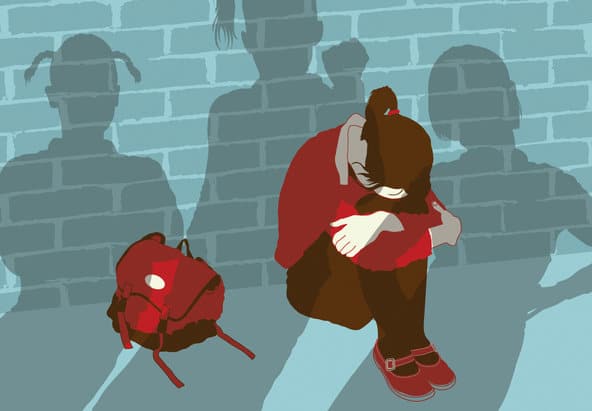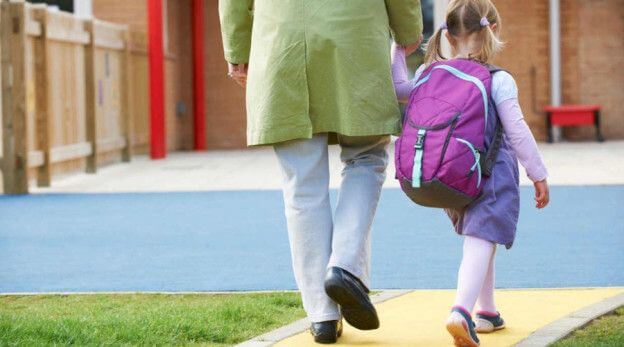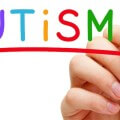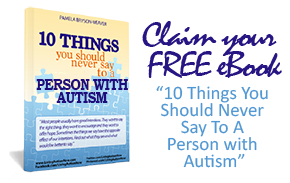Cover Photo Credits: http://cognoscenti.wbur.org/2013/03/08/autism-virginia-breen-susan-senator
Life has never been the same from the day my son John had his autism diagnosis. This pervasive developmental disorder has changed a lot in our lives and even more so when he was in school. It is common for most, if not all, children who have autism to struggle in social situations. It is ingrained in their system. What may seem natural to other kids do not simply come as naturally to other children with ASD and this makes school a rollercoaster ride for them.
To parents, leaving their children with autism in the care of school teachers can be both a breath of fresh air and unending worry. I believe it is common for parents to feel this way. Parents are “born” to be worrywarts, they say, and this is even amplified to those who have autism in their midst. John will be in 12th grade and up to the this minute, amid the compassion and patience his teachers, there is always that lingering fear—and if I am to repeat the whole thing over again, these are some of the things I would want a teacher to know when dealing with a student who has autism:
1. All individuals are unique and autism is no different. There are kids who have a hard time speaking even in grunts or nods while others are complete chatterbox. Some kids may show high intellectual thinking, have penchant for music and math, the arts and the logic. But there are also others who are on the opposite side of the spectrum. In this regard and if it is possible, a flexible academic curriculum should apply. The teacher handling the class should know better what to do and discussing it with parents instead of forcing the kid to cope with the rest of the class would be best.
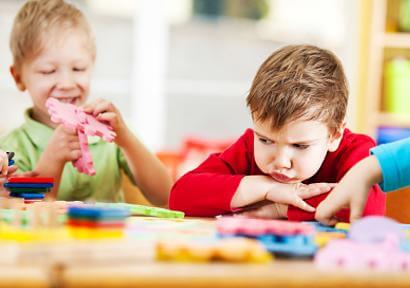
2. Children on the spectrum have different interests. Let this be your guide in motivating them to learn. My son John has a penchant for sea creatures and he would listen intently on activities that mention them. All other kids in a class have different interests, too. Perhaps, finding a common interest among them will not only increase their interest, it will also improve their socialization skills.
3. Be perceptive of their behavior. To others, a meltdown and negative behavior are just that. No, these things happen for a reason. This is their way of telling you something that they cannot verbalize. When a child “misbehaves,” try to look beyond the misconduct. Take note of what triggered such a behavior and from these observations, finding an alternative for him or her to learn. Patience is a virtue and this is what counts more in this aspect.

4. Sensory issues are common not only to children with autism but with neurotypicals as well. Loud sounds, rowdy behavior and other discomfiting gestures are just too much for them to take. Schools have occupational therapists and reaching to them to ask for sensory-friendly ideas would help a lot.
5. Be precise in giving instructions. If you want a child to clean up a mess he made, scolding him won’t help. Teaching him how to do it properly, however, will deliver a more positive reaction. Instead of telling a child with autism to “clean up his mess,” be precise by telling him to “throw crumpled paper into the trash bin.” Metaphors and generalized thinking are foreign to them.
6. Never use a child with autism’s weakness when stressing a point. Some teachers do not even know that they are a hairline short from bullying these kids. To the others, this is some form of “constructive criticism.” Well, their brains do not work like others. Precision—this is where they thrive. When you say something in the negative, they will simply perceive it as it is.
7. Be sensitive to their needs. Parents do not ask teachers to give special attention to their autistic kids but, as much as possible, teachers should know when to impose discipline. Never do it when they’re hungry, over-stimulated, fidgety, angry, nervous, or any situation where they are emotionally unstable. Shouting does not help. Talking in a calm soothing voice or leaving him in a quiet corner to feign for himself (but still maintaining your eyes on him) will help bring back his emotions in check.
8. Last but not lease, never attempt stereotype his behavior with that of others. Telling him “kids like you are all the same” will only confuse him. Telling him precisely what is and not acceptable will make him learn more. Instead of lumping him in an over-generalized category, providing him with a concrete example on how to do things will come a long way in shaping up his behavior.
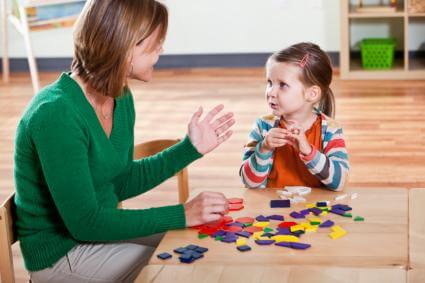
Teachers are supposed to be role models for fortitude. They are considered as second parents to our kids. There is no doubt that working around kids with autism and other disabilities can test their patience and endurance. It is scary to hear news on teachers causing undue harm to their students with special needs nowadays. Human as they are, keeping an open mind and reaching out to parents will help ease their burden. Autism or not, our children are works in progress. We are just here to support them. All they need to do is call our attention.




